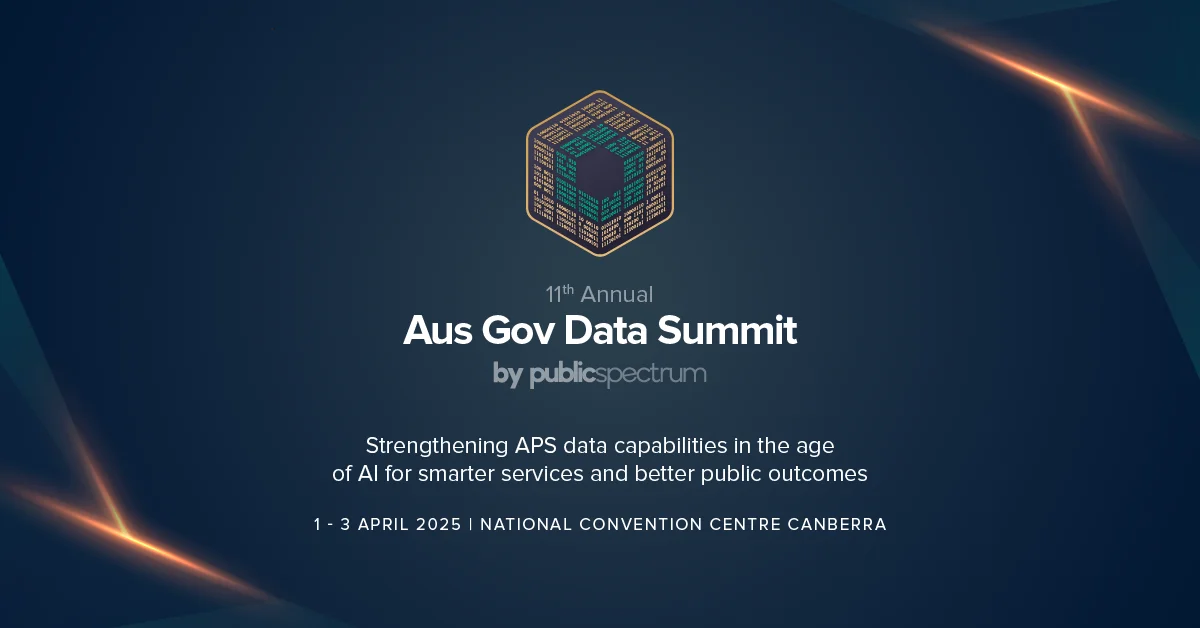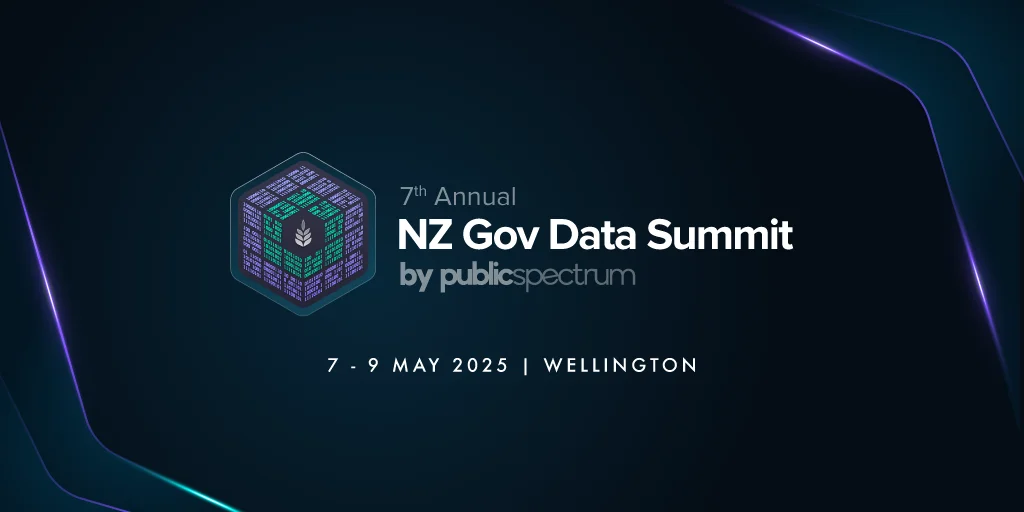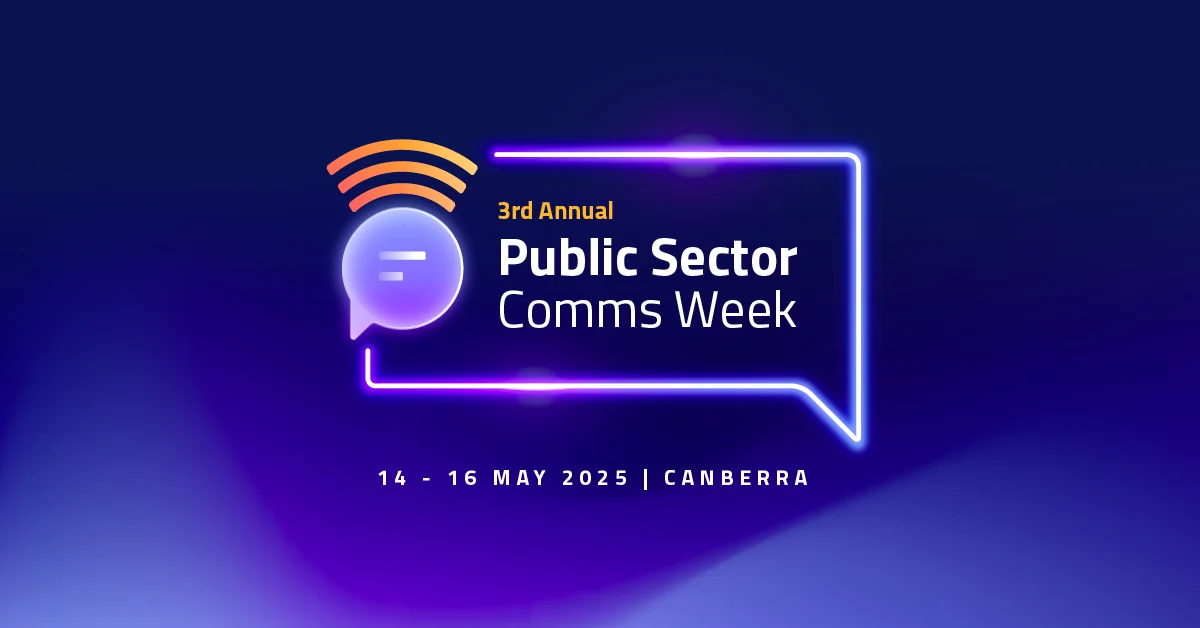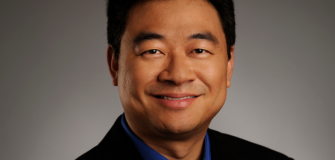Macquarie data centres urges AI innovation foundations
Share
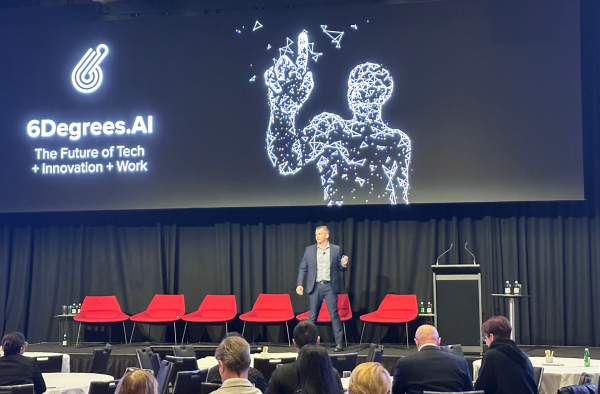
Macquarie Technology Group’s Head of Private Cloud, Jonathan Staff, called on Australian enterprises and technology providers to do more to lay the right foundations on which to build AI, warning that cutting corners will come with major risks down the line.
Speaking at the Future of Tech, Innovation, and Work Conference in Sydney, the technology expert told Australian business leaders from the nation’s leading enterprises that they needed to approach their AI strategy with a holistic, long-term lens.
“Australian businesses are scrambling to figure out how they can leverage AI and make sure they stay ahead of the competition. But in this mad rush to the finish line, we’re seeing lots of companies fail to invest in the right foundations needed to scale in the future,” said Jonathan Staff.
“AI is a huge investment, and there is a lot at stake. It is expensive to lift and shift these operations once they’re set up, so getting it right from the get-go is so important.”
Jonathan Staff highlighted the challenges of securing the right infrastructure to maximise efficiency, a key priority for Macquarie Data Centres and a factor many overlook when embarking on their AI journey.
In response to AI’s greater demands for power, cooling, and specialised technology, the data centre company is focusing on providing the high-density environments required for AI.
The company has recently revealed plans to supercharge its next and largest facility, IC3 Super West, which is being purposefully built for the AI era. The Sydney-based data centre will offer AI-ready environments and be flexible enough to accommodate technologies such as advanced GPUs and liquid cooling. Macquarie Data Centres recently secured a 41 percent increase in power at IC3 Super West, bringing the total load of its Macquarie Park Campus to 63 megawatts (MW).
Jonathan Staff called upon the industry to prepare themselves for Australia’s AI-driven future and think about how they can adapt to capitalise on the opportunities. However, he also stressed that it needs to be done in a way that is compliant with current and future data regulations.
Australia’s Minister for Home Affairs and Cyber Security, Clare O’Neil, has made clear the government’s intentions to make Australia the world’s most cyber-secure nation by 2030, indicating that regulations around AI and data sovereignty will tighten in the future.
“AI is currently in the wild west, but you can expect that regulations around sovereignty and data compliance will still apply. Australian businesses, especially those deemed critical infrastructure under the Security of Critical Infrastructure (SOCI) Act, need to consider the benefits of choosing sovereign partners that have the right certifications and policies in place to ensure compliance now and into the future.”
Reflecting on the company’s 23 years in the technology and digital infrastructure industries, Jonathan Staff spoke about the importance of staying ahead of technology megatrends.
“Macquarie Data Centres has invested time and effort in understanding what is needed to build the highly specialised environments for these AI workloads. Our Macquarie Park Data Centre Campus has been optimised to support AI.”
The industry veteran also stressed the importance of making sure new AI tools are properly integrated into a company’s existing systems.
“Organisations need to think carefully about how the AI is going to talk to their existing systems. If you build a new AI tool as a siloed project and it takes off, then you’re going to have huge problems, and probably huge costs, trying to retrofit it and incorporate it into pre-existing systems.
“We need to lay the right foundations to make sure everything is connected now and that all the systems will provide enough runway to scale and grow quickly in the future.”

Justin Lavadia is a content producer and editor at Public Spectrum with a diverse writing background spanning various niches and formats. With a wealth of experience, he brings clarity and concise communication to digital content. His expertise lies in crafting engaging content and delivering impactful narratives that resonate with readers.



